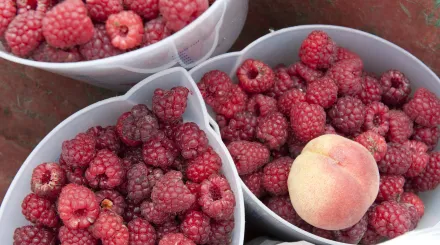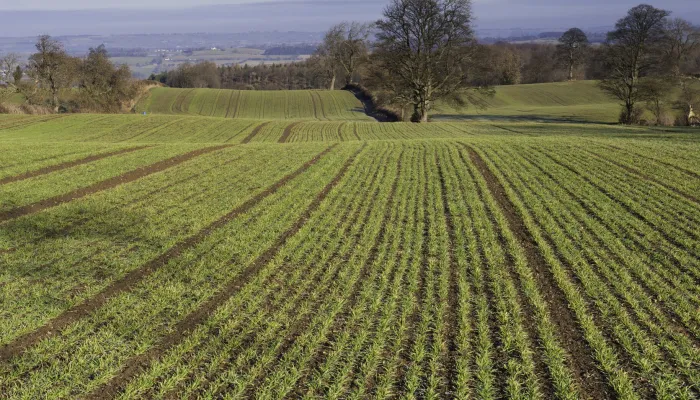By supporting farmers to shift towards regenerative, nature-friendly methods, farming has huge potential to deliver a green rural renewal. With management of over 70% of UK land, farmers can be a significant part of the solution.
Kent Wildlife Trust are passionate about regenerative farming solutions. Our Farmer Cluster team are farmer-led initiatives which need more support and proper investment through a more ambitious ELMS, Landscape Recovery Scheme and NbS Green Finance.
Learn more about nature friendly farming in Kent
The destruction of nature and the impacts of climate change are the biggest threats to food security in the UK. Food production relies on healthy soils, clean water, and resilience to climate change. Restoring nature on farms will bring many benefits, not just for wildlife but also for farmers. Working with nature can increase farm profits and resilience, reduce costs, and maintain or even improve yields.
Many farmers and land managers have gone to great lengths to support wildlife without being adequately rewarded. The real terms value of the budget for environmental farming has already fallen by a third since 2010. Not investing properly means everyone loses.
To support a just transition for farmers, we’re calling on all political parties to...
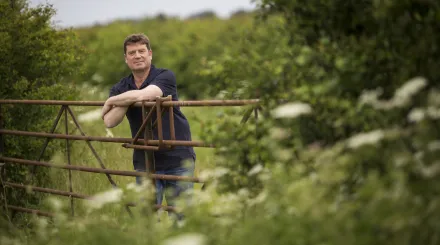
© Simon Rawles
1. Increase the budget for wildlife-friendly farming
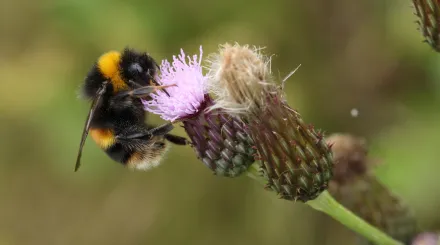
2. Halve pesticide use
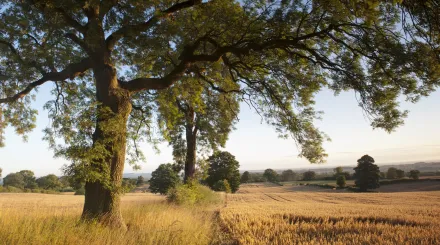
Credit: Paul Harris/2020VISION
3. Help farmers reduce emissions and adapt to climate change
